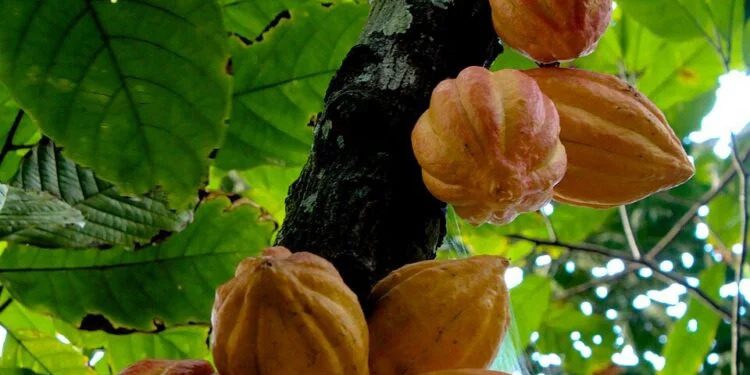Oyo State has approved over ₦3 billion to revive cocoa production and position the crop once again as a major economic pillar, marking one of the state’s most ambitious agribusiness moves in years. The announcement was contained in a statement released in Ibadan, where the government confirmed that the Cocoa Rejuvenation Project will run through a Public-Private Partnership coordinated by the state’s agribusiness agency in collaboration with the International Institute of Tropical Agriculture.
The approval signals Oyo State’s intention to reclaim a stronger share of Nigeria’s cocoa market. Although the state currently ranks fourth among the country’s cocoa-producing regions, the government believes the global supply disruptions affecting major producers such as Ghana and Côte d’Ivoire have created a window for expansion. The project, valued at $2,075,547, will be implemented in three funding tranches over the next three years and is expected to boost production, strengthen local value chains, and increase export opportunities for small farmers and agro-processors across the state.
The state cabinet also approved a fifty-million-euro financing agreement for a health care initiative that had been in process for three years. The loan, supported by the French Government and cleared by the Federal Ministry of Finance earlier this month, will fund hospital upgrades, new equipment, and other improvements across the health sector. The State House of Assembly has granted the necessary approvals to allow the government access to the funds.
In another major policy move, the council endorsed the Oyo State Water, Sanitation, and Hygiene Policy designed to eliminate open defecation and expand access to safe sanitation. By adopting this policy framework, the state can now qualify for funding from national and international development partners, including the Federal Government, the World Bank, and the African Development Bank. The policy is also expected to support healthier living conditions in rural and urban communities, reducing health-related losses for households and small businesses.
The council further approved the establishment of the Oyo State Climate Action Plans and Policies, which will enable the formal engagement of a Green Energy Agency to implement climate and renewable-energy programmes. The government has backed the agency’s operations with a ₦270 million bank guarantee to support project execution. These climate initiatives are expected to create new opportunities for green investment, especially for MSMEs in renewable technologies and energy-efficient production.
To strengthen the state’s participation in national business reforms, the cabinet approved the Business Enabling Reforms Action Plan for 2026 and allocated ₦400 million for its implementation. This move aims to improve the business environment, reduce operational bottlenecks, and expand access to state-led reforms designed to improve competitiveness for local enterprises.
The statement also noted the council’s support for the call by South-West states for the establishment of state police. It was observed that the declining interest of young Nigerians in joining the military reinforces the need for localised policing structures. The council commended recent investments in security, including the acquisition of two surveillance aircraft for monitoring vulnerable areas and the continued strengthening of Amotekun, which it described as the best staffed and equipped security outfit in the region.
Overall, the approvals reflect Oyo State’s broader push to expand agricultural output, deepen healthcare access, strengthen business reforms, and modernise public infrastructure. For MSMEs, especially those in agribusiness, food processing, healthcare supplies, sanitation services, green energy, and security technology, the decisions create new openings for investment, partnerships, and market growth across the state.










